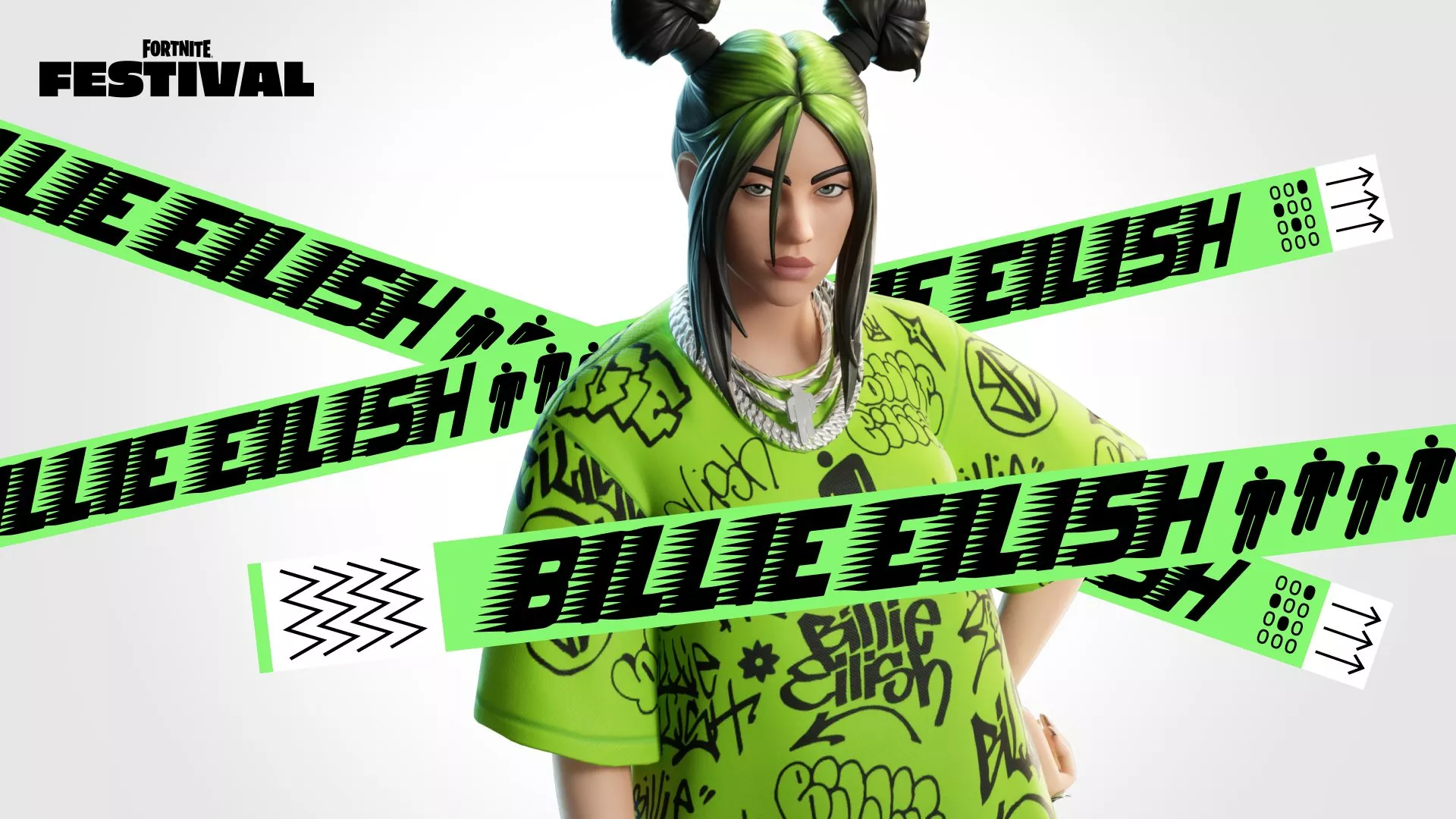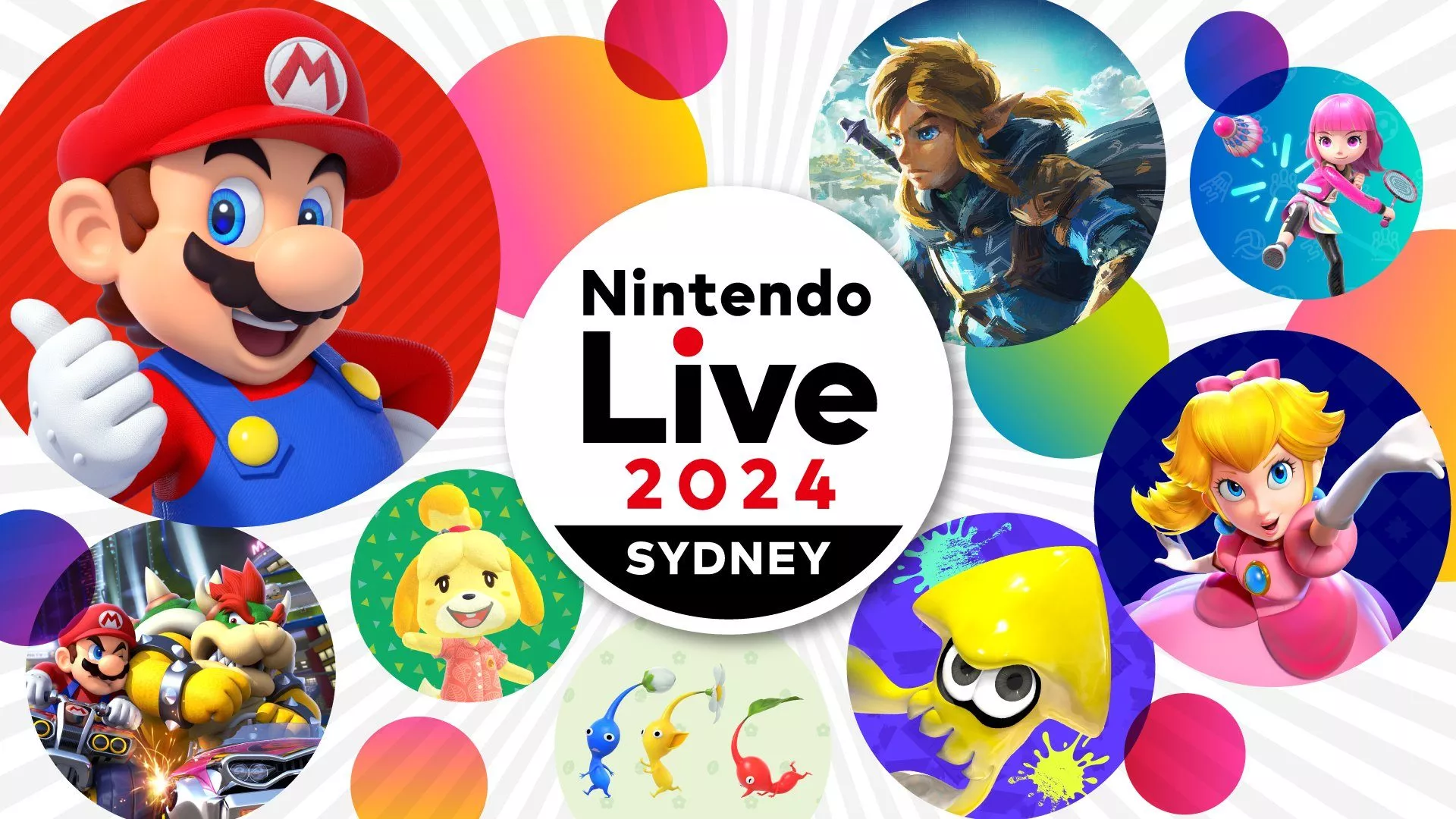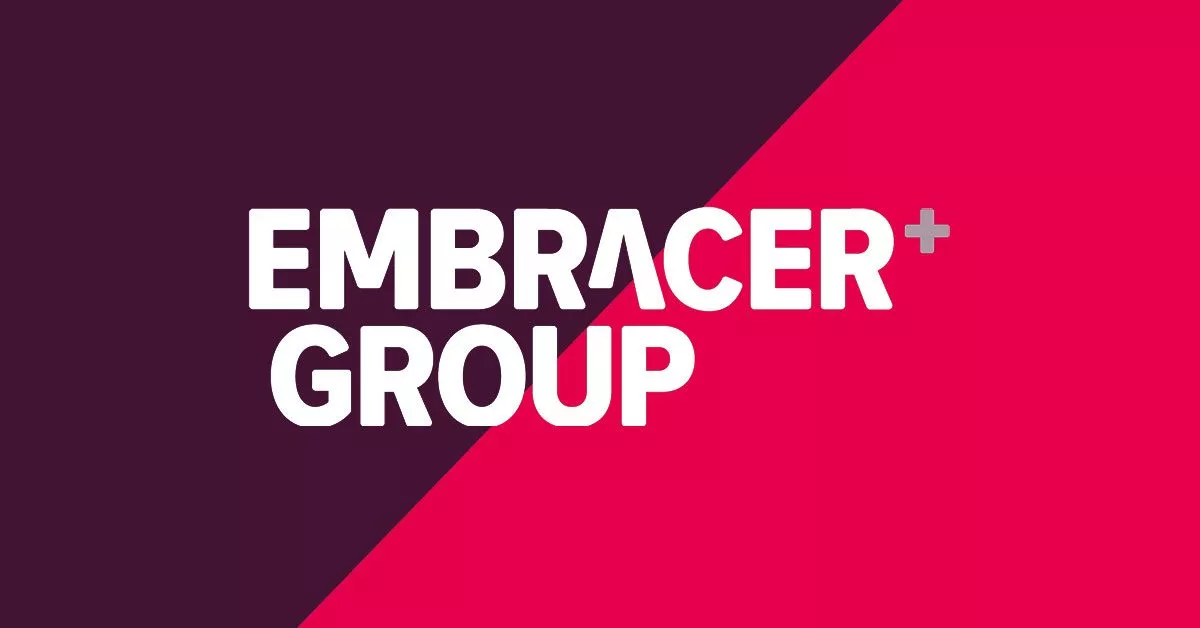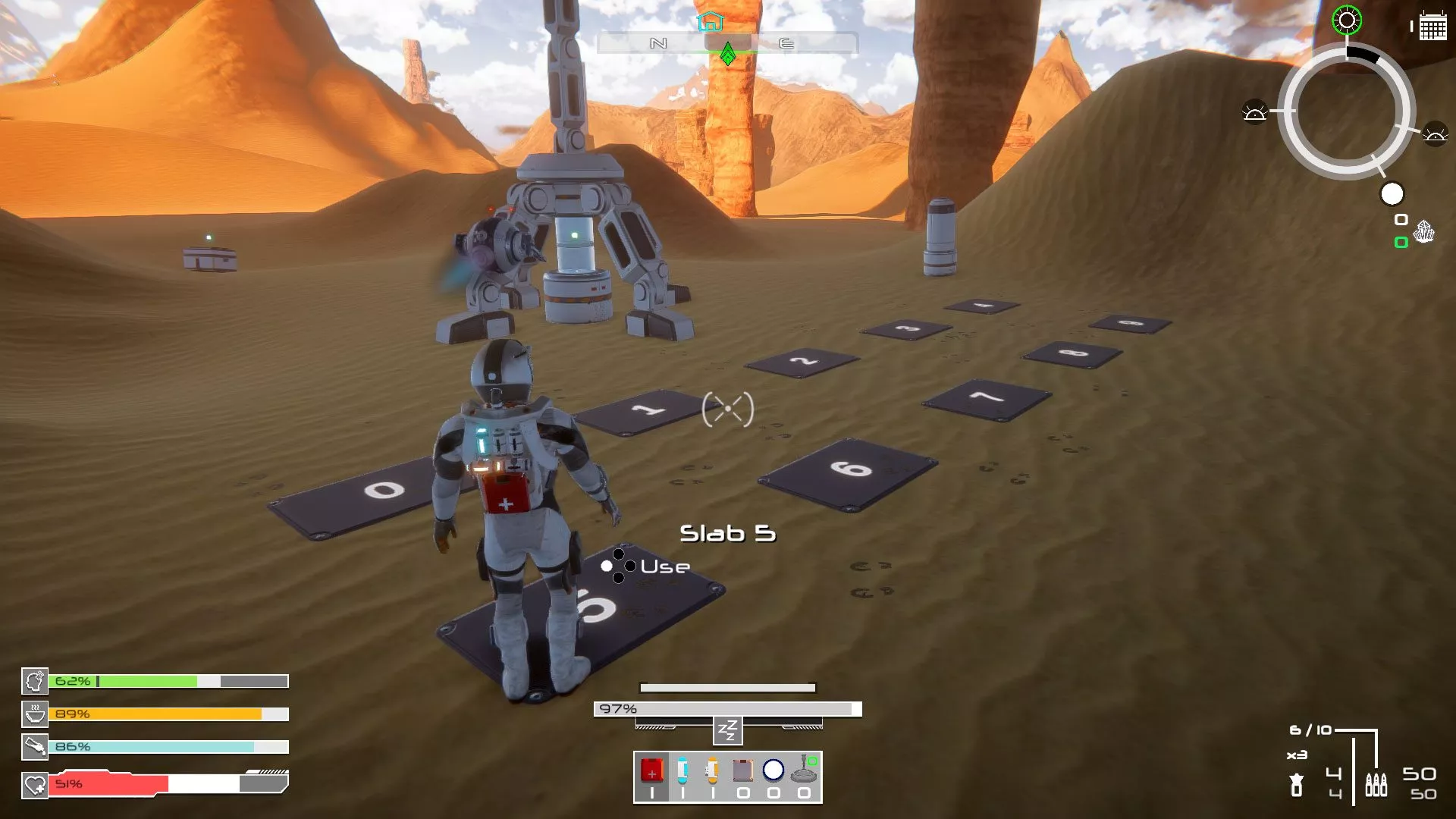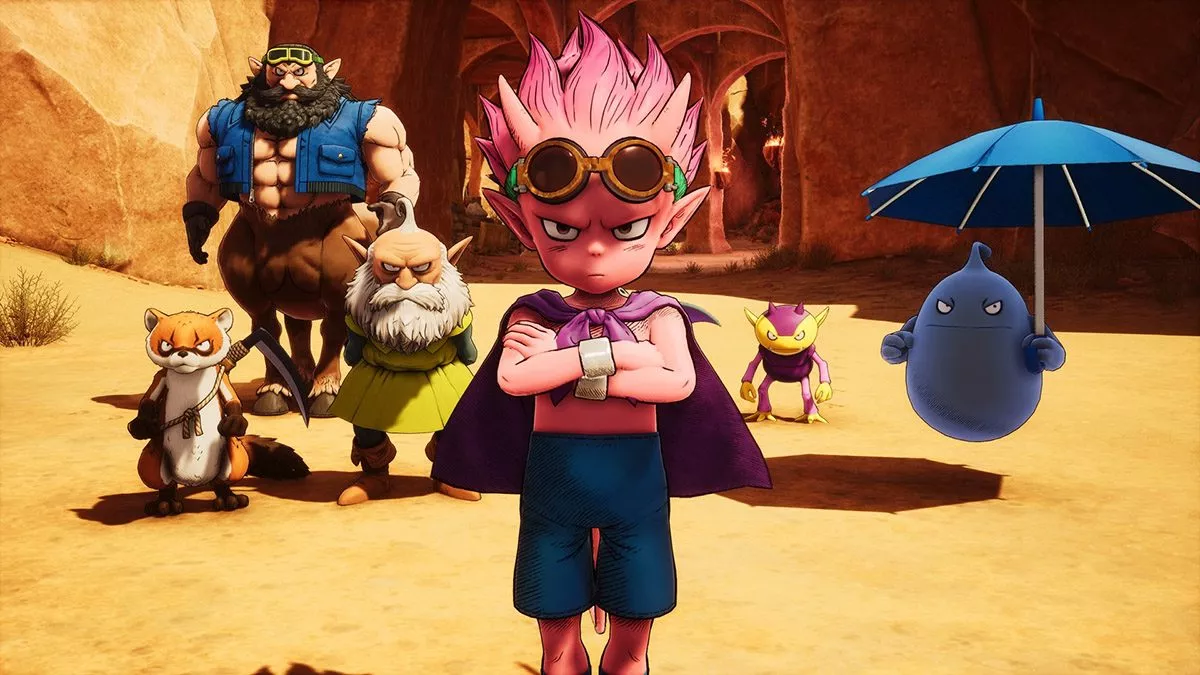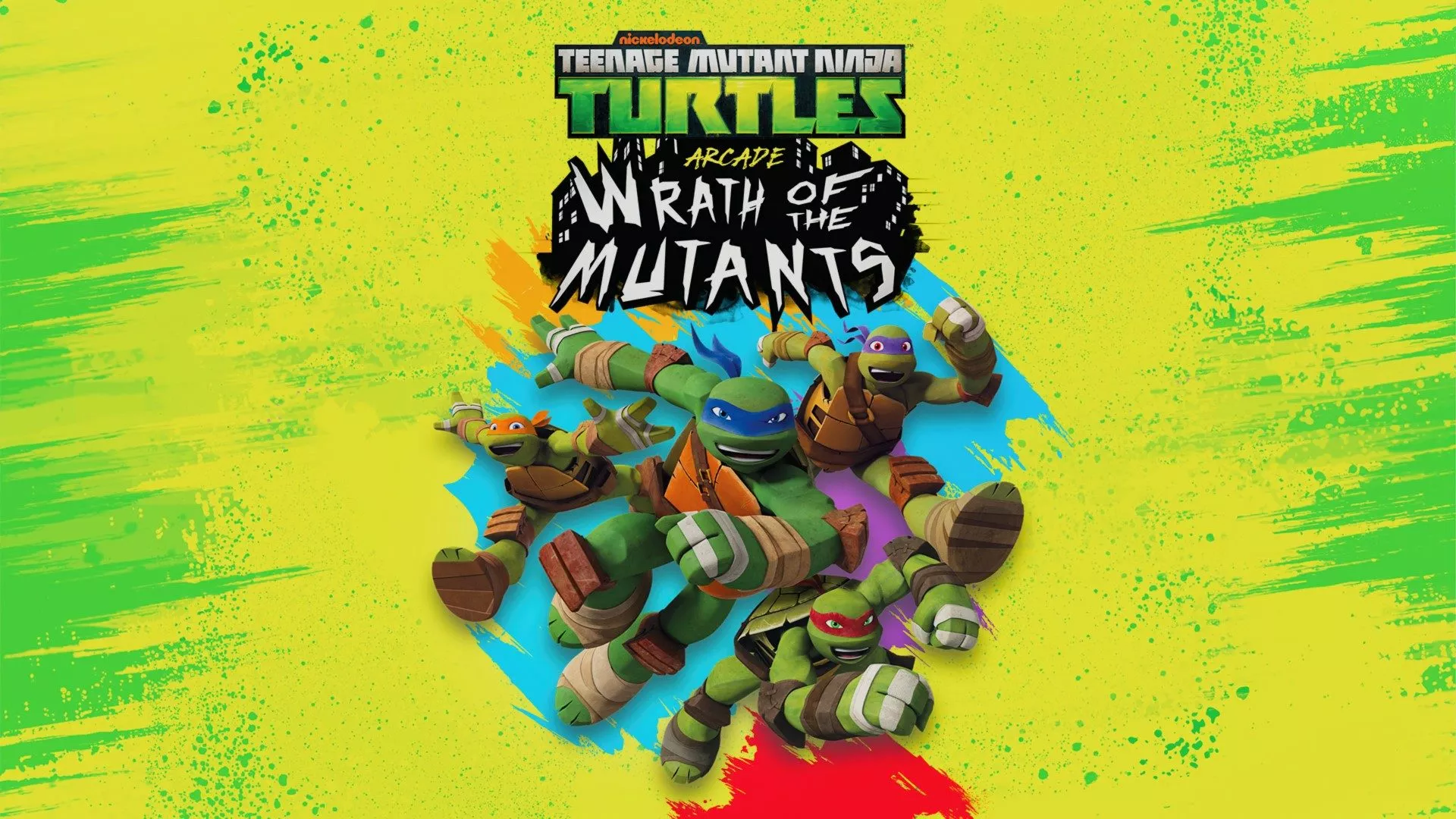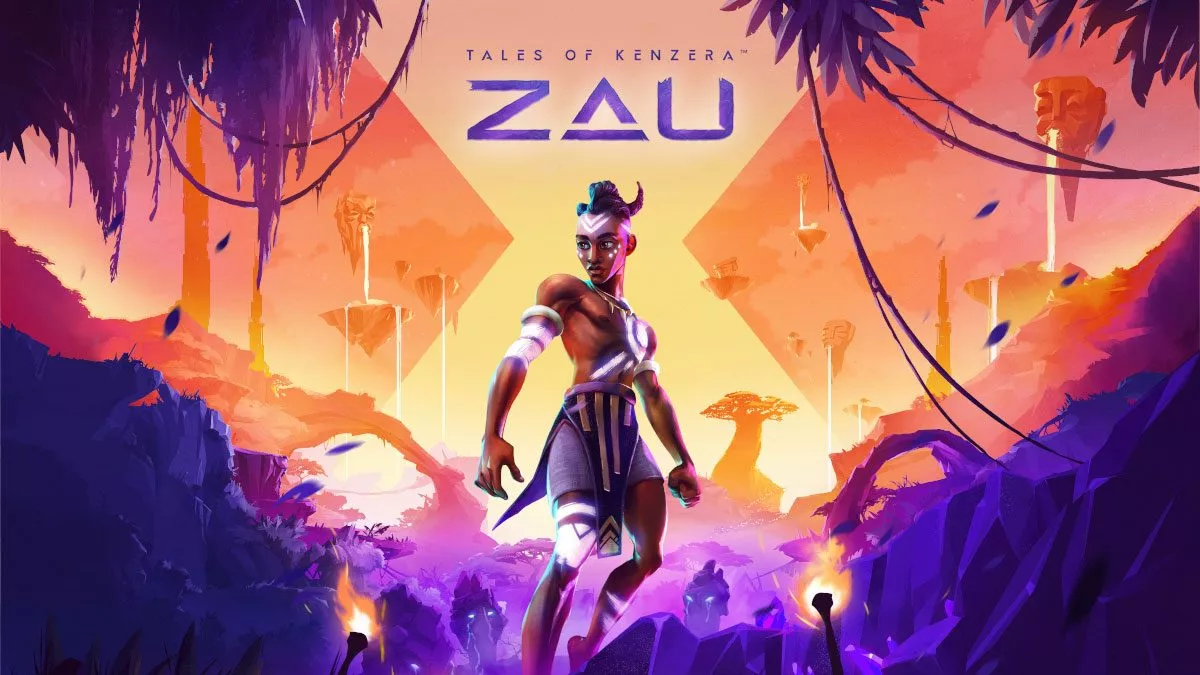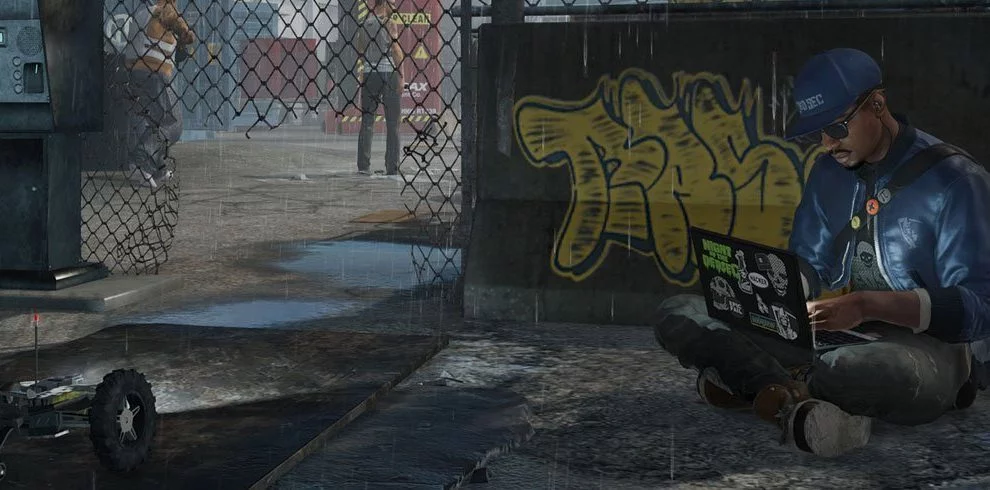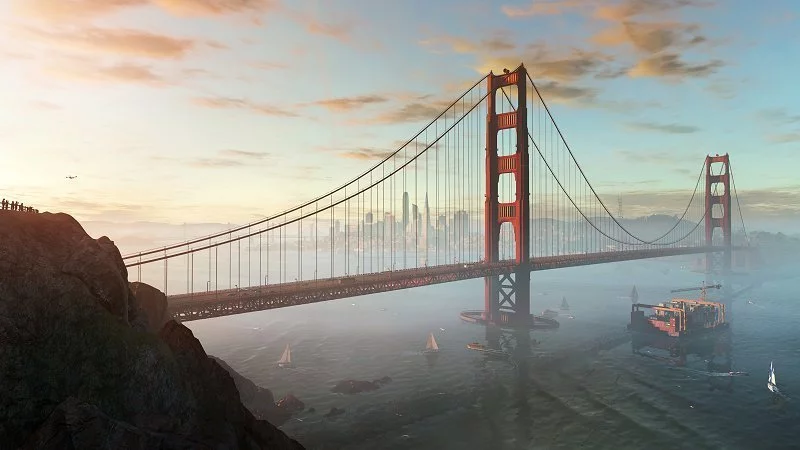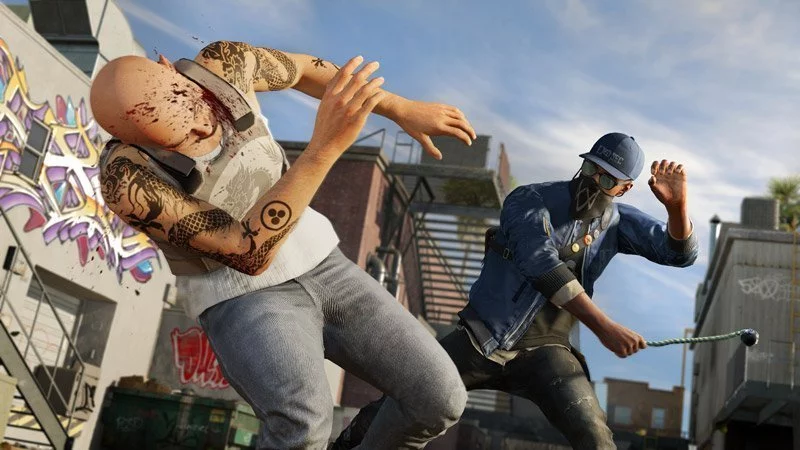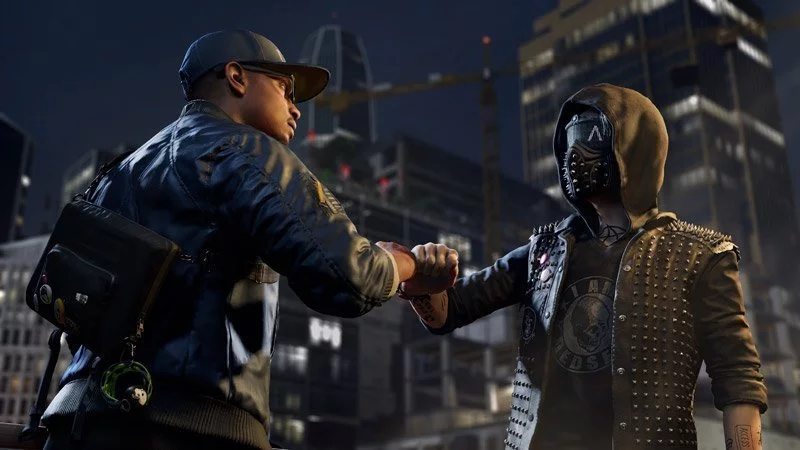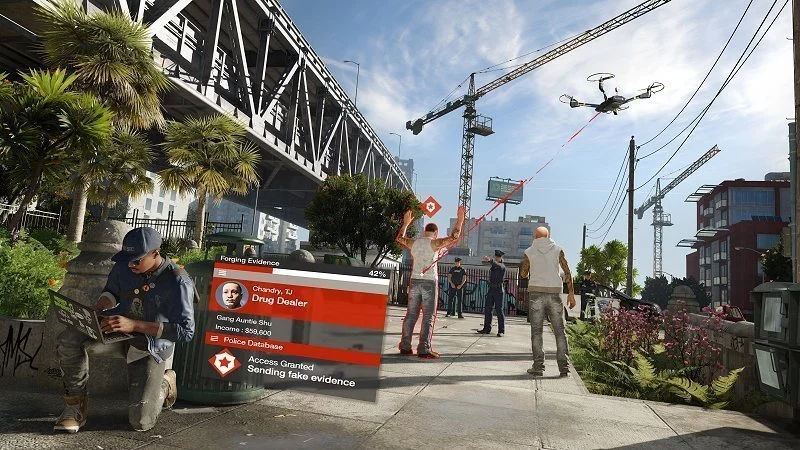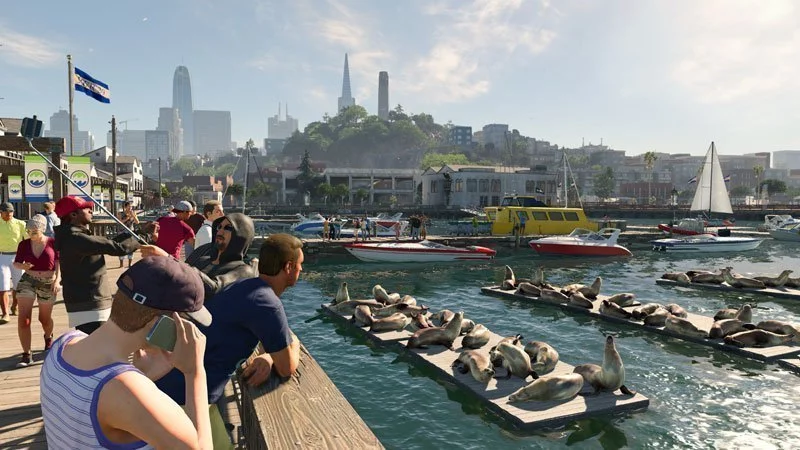Ahead of E3 earlier this month, Stevivor went hands-on with Watch Dogs 2 to check out San Francisco, the new driving mechanics and the expanded scope of hacking. There was a lot to see in a 30 minute demo, so we sat down with Senior Producer Dominic Guay to find out more.
Ben Salter, Stevivor: Watch Dogs had such a long hype period, being announced so early. What’s it like for you as a developer to reveal a game and be able to have people play it so soon [in the same year]?
Dominic Guay, Senior Producer on Watch Dogs 2: It’s much more enjoyable for a developer. Naturally in the development process a game evolves. And being closer to when we’re done means everything I say now I’m much more confident is exactly what we’re going to be shipping. It’s running now on all platforms, we’ve got the frame rate close to where we want it, we’ve got all our content already in the game; it makes it a lot easier to say ‘just play it’.
Stevivor: Why did you choose San Francisco as the new location?
Guay: It’s the whole San Francisco Bay, and what brought us there initially is that it’s a beautiful place. It’s super diverse and we thought between Oakland and the natural reserves right besides San Francisco that it’s a beautiful place, so that’s one thing. Culturally, because we’re not just building brick and mortar we’re putting people and culture in it, it’s super rich. Interesting people and a lot of cultures have roots in that city. But the real main draw was Silicon Valley. Having all those tech people and companies who are inventing all the things we’re all going to be buying and using in a few years. For our subject matter, that’s basically where all the big players for technology are today so it’s great inspiration.
Stevivor: Will that be reflected in the variety of characters? Are there going to be a lot of tech-minded Silicon Valley types in central roles?
Guay: Yeah, it’s even reflected in some ways in [protagonist] Marcus. We’re trying to recreate the Silicon Valley culture of very innovative, smart people. Actually, hacker culture is very close to Silicon Valley culture. It’s about thinking outside of the box, trying to invent and create things. The difference is the intent. Silicon Valley is trying to strike it big, trying to be the next big start-up, while hackers are often more artists in a sense, doing things for the pleasure of doing them.
Stevivor: Who is Marcus Holloway? Where has be come from?
Guay: Marcus was raised in Oakland and was a super smart kid. He was quickly into technology and into computers, and he’s very positive, too. He sees the positive side in people, he’s free loving, you could say. Free loving is his main value. As he grew up, because he was really into technology, the system, ctOS, profiled him as responsible for a high-tech burglary. Just because of his profile, what he did before, what he posted on social media, things like that. That pissed him off, because someone was encroaching on his freedom, but there was basically a whole system that has been encroaching on people’s freedom. So he hacked into the system, saw that it was rigged, and that sparked his rebellion against ctOS. When you start the game, Marcus has just joined DeadSec.
Stevivor: You’ve pointed out co-op being a big addition to Watch Dogs 2. You can see other people in your single-player game and join them when you want. How does that work with you playing as Marcus and everyone else also playing as Marcus?
Guay: When you play in single-player, you’re going to see other players in the world as other DeadSec hackers. We also have PvP, like we had in Watch Dogs 1, where someone can come in and try and hack you, that’s a different thing. But for co-op you meet other DeadSec hackers. It creates a sense of community, as Marcus is not a lone wolf. When you go to other players, you’ll be able to hit a button and become a co-op team, so that’s a very natural way of bringing co-op to an actual adventure game.
Stevivor: How do you appear to other players?
Guay: Initially when you start the game you’re going to hack into ctOS and build your fake identity. When you play in multiplayer, other players are going to see that fake identity. You’re always going to keep the clothing customisation you have on Marcus, so if you want to look a certain style, you’ll keep that style, but they’ll see your fake I.D. in terms of what you look like.
Stevivor: When co-op is introduced in a sequel it often becomes a focus. Will players lose anything if they stick to single-player and don’t want co-op?
Guay: Well, I think it’s really cool to play in co-op. It adds a lot of surprises and immersion to our city to have other players. But I also totally accept some players want to customise their experience and not have that, and that’s totally fine. So you don’t have to play online.
Instead of having to turn off the whole online experience, you can choose to custom tailor it to your taste, so you can say ‘I want this [online component] to happen, but not that’. Only have what you want. It goes with the spirit of hacking and customising your experience, and being in control with total freedom. So we’re bringing that into the design and letting you decide what kind of online you want to have.
Stevivor: Was it a general tweak in terms of mechanics from Watch Dogs to Watch Dogs 2 or was there anything that totally had to be redone?
Guay: There are a few core things that we did. One of the things we reinvested in was driving. We got a lot of feedback that driving was polarising. Some people liked it, some people really didn’t. We thought ‘no way, driving is too important in our city, we need to have fun driving’. So to fix that we worked extensively with our friends at Ubisoft Reflections, our super hardcore guys for really good driving models, so they helped us and I’m super happy with what we have now. With hacking, it’s not that we redid it, but we expanded it a lot. In Watch Dogs 1, you could only hack people we predetermined you could hack and you could only hack in one way. So we opened that up. You can hack anything in multiple ways.
Stevivor: Can you elaborate on the driving? What was it specifically that needed to be changed?
Guay: I’m no physics expert so I can’t go into detail. With driving, at its core was this physics simulation, so a driving simulation. But when you had everything going on – people shooting at you, car chases and trying to hack things – it was just overwhelming. People lost control of their vehicles, and that’s just not fun. There’s a point where it’s cool to have mastery of the car, like being able to drift, but then crashing into walls is not fun.
We tried to get to a point where we have much more accessible driving. That’s how we test it now. We give the controller to someone and within five minutes we want to see them with full control of their vehicle. That doesn’t mean we don’t want to have depth; you want to be able to do crazy moves, but it’s okay if you can’t, as long as you’re in control. The one thing we wanted to preserve that’s important to us is that every vehicle style has a different feel. That’s something we were able to do relatively quickly, early on in production, and I can’t wait to get feedback from players.
Stevivor: It sounds like player feedback has really influenced driving. Have any other aspects been refined due to what players said?
Guay: Yeah, and what’s cool is sometimes when you have feedback that doesn’t match what you want to do next, you’re kind of in trouble, but it mostly matched what we thought. There were some really small things, like shooting when driving. Players asked why they couldn’t do it; it didn’t make sense. Okay, we’ll add it. There’s one thing we got which I was really happy we got, since it’s something we wanted to do, which was change the structure of our open world.
In Watch Dogs 1 you had a linear series of missions you had to do in order to reach the end of the game. Players were like ‘that could change a bit,’ and we agreed. We were inspired by what RPGs are doing with a lot of quests and more freedom with how you go through them; and you don’t have to play all the quests. It gives you a lot more liberty and freedom in how you play. We’re giving value in deciding you only want to play multiplayer or more exploratory gameplay or focus on quests and all of those will give you followers, which is your goal. Every activity will build you followers, which will take you closer to the end game.
Stevivor: So there is more weight to completing side quests?
Guay: Exactly, it almost changes the nexus in a sense. You could say something is a main quest and another is a side quest, but both will give you rewards that get you closer to the end game. In that sense, they’re all valid to get you towards the end. That’s how we’re seeing it. We call them [side quests] DeadSec Operations, which are operations to unveil the corrupted establishment in many different ways. Obviously there are activities in the world that are lighter and don’t necessarily give you followers, like a sailboat race, but that’s okay, you still want to have some fun.
Stevivor: Is there a link back to Chicago at all?
Guay: The way I like to say it is that Watch Dogs 1 is completely part of Watch Dogs 2, in the sense that we respect everything that happened before. Everything that Aiden Pearce did had an impact on the universe and we’re going to be referring to it. But obviously this is happening far away; ctOS and a lot of the factions are coming back, and who knows, maybe we’ll meet some people we know.
Stevivor: Thanks for your time!
This article may contain affiliate links, meaning we could earn a small commission if you click-through and make a purchase. Stevivor is an independent outlet and our journalism is in no way influenced by any advertiser or commercial initiative.


